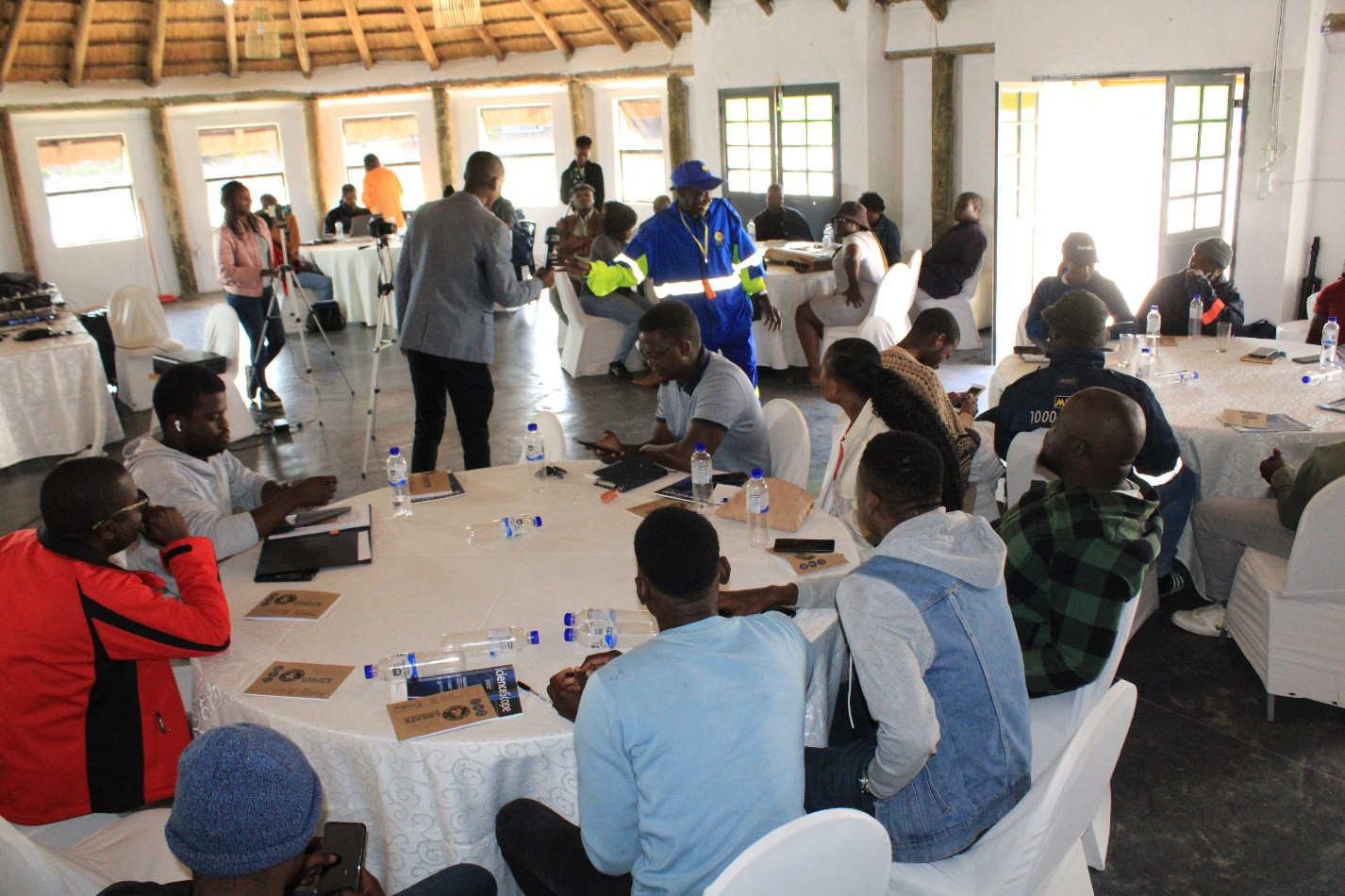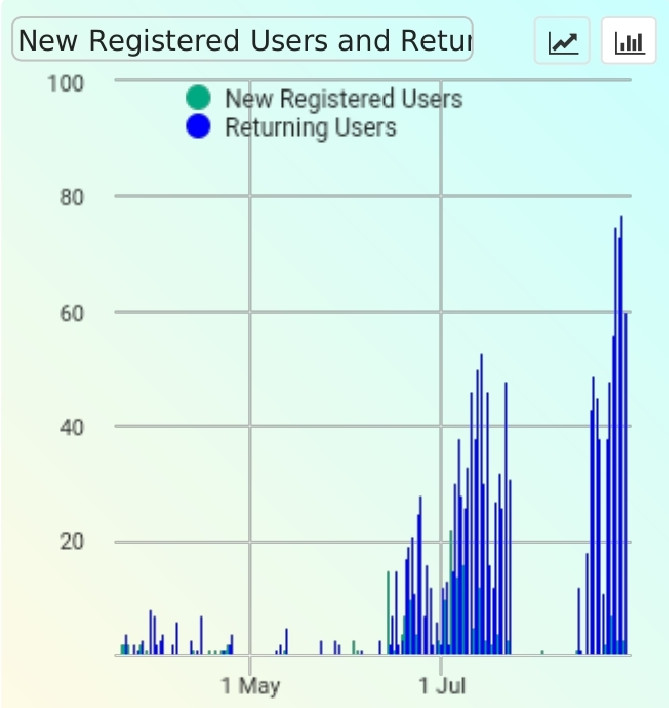
Residents of Sekgosese, a rural community located in the Mopani District of Limpopo Province's Greater Letaba Municipality, need help to access the internet and digital resources. The lack of connectivity has created a significant digital divide between urban and rural areas, with approximately 57% of the households in Sekgosese lacking access to the internet, according to Statistics South Africa.
Recently, traditional leaders, local entrepreneurs, community members and academics joined together to discuss potential solutions. Drawing on the lessons and experiences from the Mamaila Community Network, they explored the role of community networks as complementary solutions to commercial internet service providers (ISPs) in bridging the digital divide in underserved areas such as Sekgosese.
Identifying challenges to influence decision making
The LINK Centre at Wits University and the Mamaila Community Network organised a roundtable on rural connectivity from 22 to 25 August 2022, as part of APC’s Socio-Political Advocacy for Community Networks Engagement (SPACE) mentorship programme to support women and gender-diverse individuals to take on leadership roles in community networks advocacy.
During the roundtable, traditional leaders, local entrepreneurs, community members and academics got together to identify challenges and discuss potential solutions.
Some key obstacles were pointed out by participants: poor network signal and load shedding (programmed power outages) had further worsened the situation, and the theft of batteries, generators and inverters had contributed to the unavailability of networks.

Sekgosese roundtable discussion, 2022
Participants also highlighted the impacts of apartheid and migration on gender roles, particularly on women, and the urgent need to address these legacies. They stressed the importance of ensuring that girls and women get equal opportunities to participate in digital transformation activities.
The discussions revealed that advocacy and collective action are necessary to address the challenges faced by the community. Community members expressed interest in participating in advocacy efforts to persuade legislators and regulators to improve rural connectivity and hold the government accountable for its promises to close the digital gap.
For instance, the government has allocated ZAR 3 billion during the financial years 2023/2024 and 2024/2025 to implement Phase 2 of the South Africa Connect project, which aims to expand ICT networks into underserviced areas. Furthermore, mobile operators are expected to connect 18,036 schools, 3,873 health facilities and 8,241 tribal authority sites as part of their universal service obligations.
Community-led digital inclusion
Drawing on the lessons and experiences from the Mamaila Community Network (MCN), the participants explored the role of community networks as complementary solutions to commercial ISPs in bridging the digital divide in underserved areas such as Sekgosese.
MCN aims to provide affordable internet access to community members by creating Wi-Fi hotspots and building digital skills to enable active participation of the community in the digital economy. The off-the-grid network serves the six villages under the Mamaila Tribal Authority. The Mamaila Royal Council and Zuri Foundation have a memorandum of understanding that facilitates the creation of a digital ecosystem within the Mamaila Tribal Authority.
Since the community network’s official launch in March 2022, over 3,000 devices have connected to MCN. In the first five months of operations, 70 users connected to MCN daily, as captured in the diagram below. The diagram further indicates the days when MCN Wi-Fi was unavailable due to the downtime experienced at the backhaul because of load shedding and cable theft.

MCN users
To address the digital skills gap, the Mamaila Solar Community Hub, donated by Computer Aid International, delivers fundamental digital skills training through the International Computer Driving Licence (ICDL). By providing digital skills training, the Mamaila Solar Community Hub aims to equip the community in Sekgosese with the skills they need to participate fully in the digital economy and leverage the opportunities it presents. Since August 2022, the Hub has provided training to more than 100 members of the community, including teachers, learners, business people and unemployed people. Currently, they are providing training on digital skills to around 85 unemployed participants from the Sekgosese area with 95% of them being women.
The Mamaila Community Network represents a significant step forward in bridging the digital divide between urban and rural areas in South Africa.
The discussion further revealed that while community networks are innovative solutions that address both the access and usage divide, their sustainability, specifically in the case of Mamaila, is threatened by acts of anti-competitive behaviour and sabotage by commercial ISPs.
The anti-competitive behaviour requires regulatory intervention to create a conducive environment for ISPs and community networks to co-exist. The community networks provide digital services and resources that contribute to digital skills development and youth empowerment, while ISPs focus on the sale of data and profit margins. The experience from MCN is that commercial ISPs are unwilling to work harmoniously with the community network.
The roundtable event provided stakeholders with a platform to explore viable solutions to improve connectivity and access to essential services in rural areas. Moreover, participants recognised the importance of safeguarding the infrastructure to ensure that network connectivity is accessible to all community members. Access to network connectivity significantly lowers barriers to communication and economic opportunities for the community.
Photos: Courtesy of Mamaila Community Network